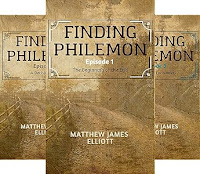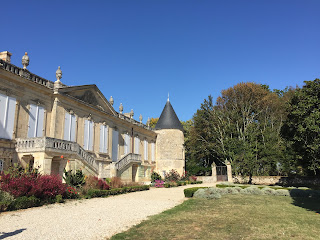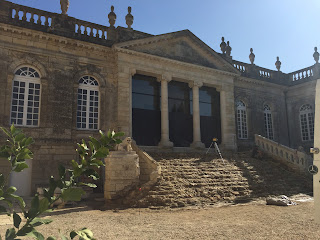By Matthew J. Elliott
As a child, she was born into a wealthy family but dealt with childhood illnesses that kept her from living a normal life. Due to these constant ailments, her education was neglected far more than it should have been. She was even shipped off to live with nuns more than a few times as a child and never really given an opportunity just to be a kid. Her parents were devout Christians but when she was the ripe old age of 15, she was forced to accept a marriage proposal to someone 22 years older than her, whom she had never met. While he too was well endowed, Jeanne-Marie still endured long periods of neglect and a demanding home-life. Her life was not the kind of life one might imagine could belong to a person who eventually became such an advocate for the Christian faith. Everything she struggled with as a young sickly maiden could not prepare her for the struggles she faced with barring children, appeasing an overbearing spouse who gave into his demanding mother who had no interest in the woman her son married, and becoming a widow at the age of 28. Of the five children she gave birth to Jeanne-Marie outlived two of them and still had to deal with their father's mother.
 |
| François Fénelon |
Before all this, Madame Guyon had already released material in the form of a book called "A Method of Prayer." It has served many roles over the years and has constantly been a story that questions the reality of what faith is, and what it means to experience it deeply. This book caused so much opposition in France that a group of Roman Catholic priests serving in Dijorn gathered a total of 300 copies and burned them. On the other side of that coin, there was a Frenchman, who took 1500 copies and flooded his community with them. In truth, Madame Guyon is considered one of the most influential leaders of her time. In the end, she was denounced as a heretic by the religious tribunal and forced to live out the rest of her days in solitude until her death. After her eventual death, this story found new life under the name “Experiencing the Depths of Jesus Christ” and to this day is considered one of the greatest Christian writings of all time.
 |
| Bastille: Where Madam Guyon was imprisoned |
It is a very unlikely story indeed, but this unexpected legacy has influenced believers as much, and, maybe even more, than Brother Lawrence and his short little book. The Practice of the Presence of God. While one cannot deny the simplicity of Brother Lawrence, many consider Madame Guyon’s detailed approach to quietism and devoted prayer a more unexpected legacy. A sickly child, devalued by her family, grew up and found herself in an unhappy marriage where she lost two of her children; One day became an undeniable advocate for devoted prayer and deep faith. She was rejected by so many throughout her life but always stood firm in her faith. This example of dedication has played a vital role in the lives of people across 100s of years. The results speak for themselves and it just goes to show that unexpected legacies are all around us.
Do you believe that there are those who have a similar legacy today?
~ Biography ~
Matthew is happily married to Traci, and they have three children named Leyla, Caleb, and Hannah, who bring them immense joy and inspiration. As a writer, Matthew's goal is to share love, equip others, and edify them for the greater good. He loves connecting any amount of scripture to his stories and uses his knowledge of Biblical History to do so often.
You can find Matthew's works on Amazon, Goodreads, Facebook, and His Website. He has written Devotionals, An Episodic Series, Novellas, and even Commentaries for The Gospel Daily.
~ Highlighted Release ~
Throughout this journey, Onesimus will encounter life-changing events that will transform the depths of his heart and aid him in discovering the redemption that only God can offer, and ultimately his way back to his former master Philemon.
----
Sources:
Guyon, J. (1997). Madame Guyon: An autobiography. Whitaker House: 1st edition.
https://www.gcu.edu/blog/theology-ministry/theology-thursday-madame-jeanne-guyon-life-transformed-through-prayer
Guyon, J. (1685). Experiencing the Depths of Jesus Christ. SeedSowers.




















